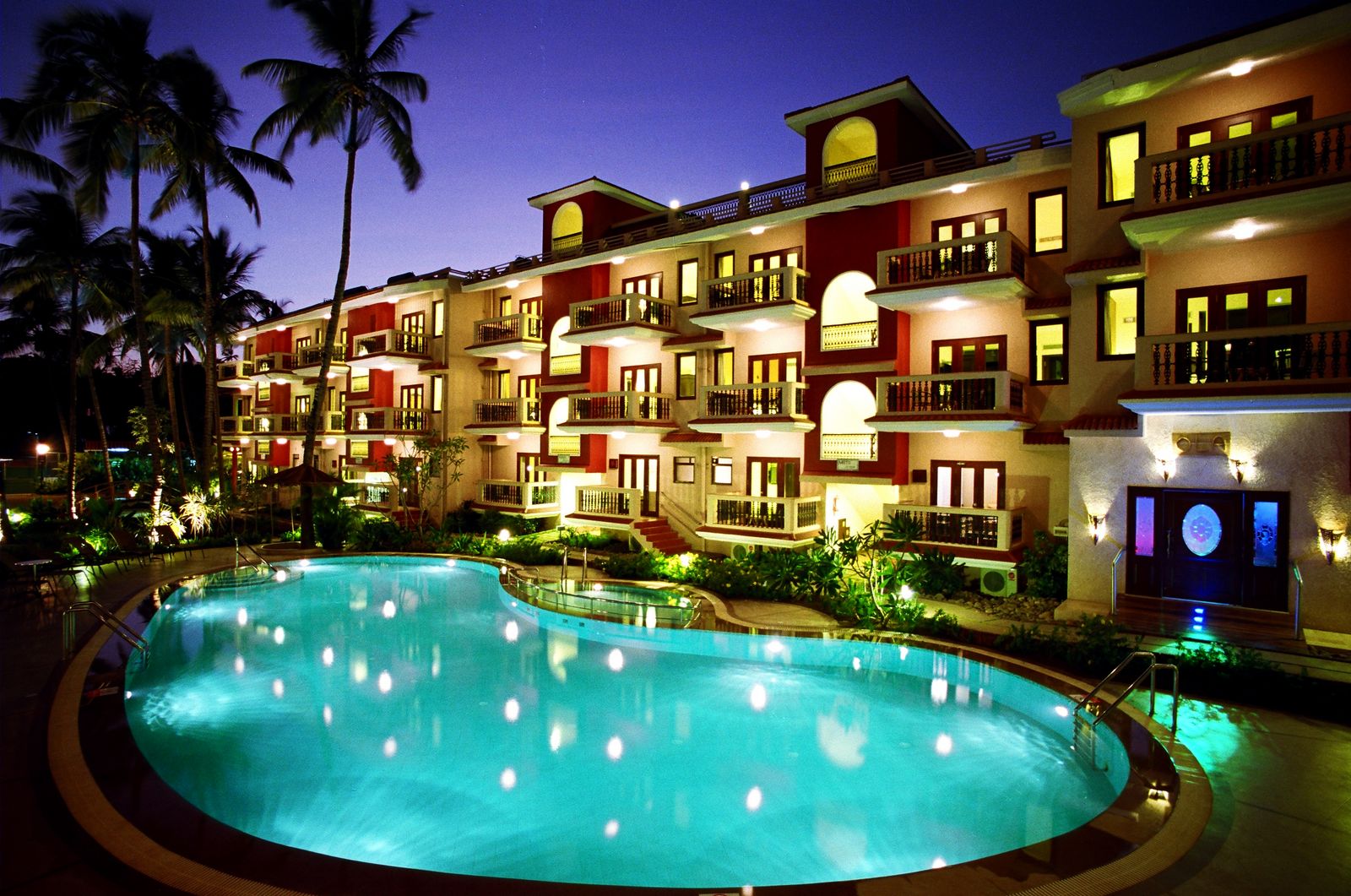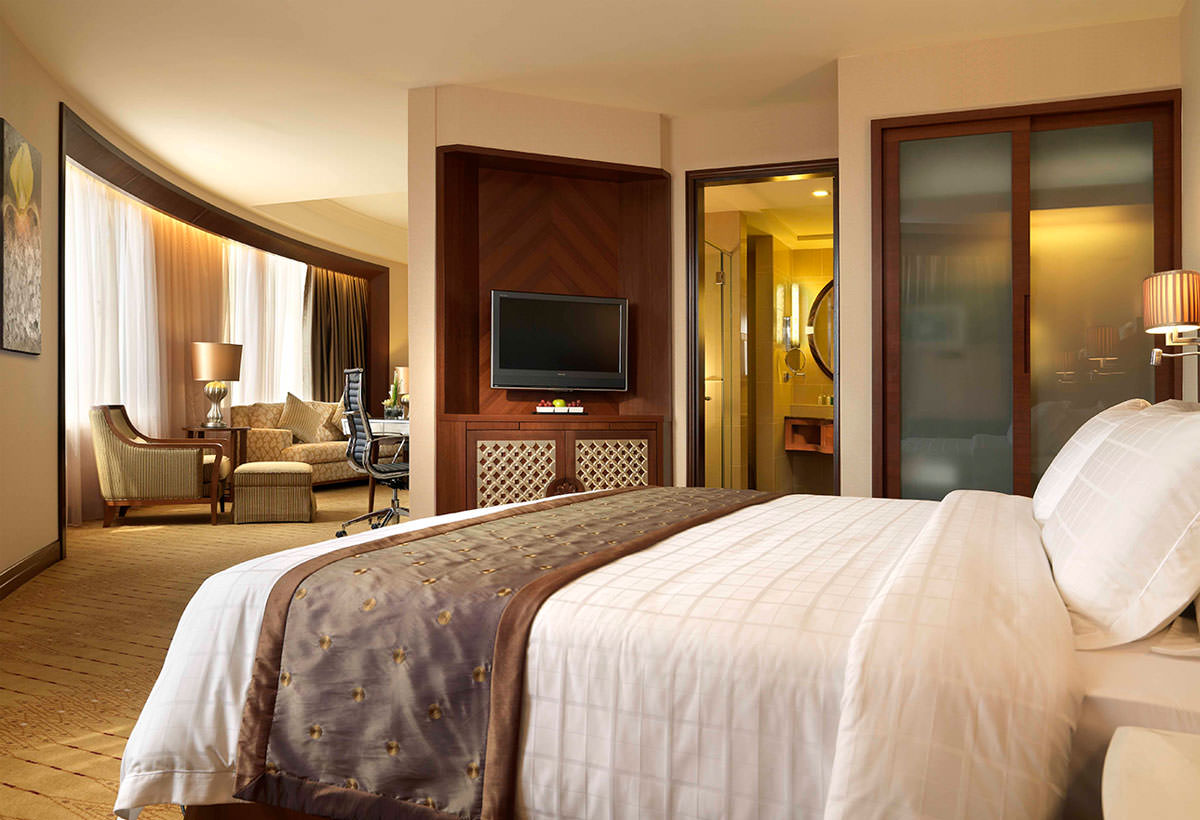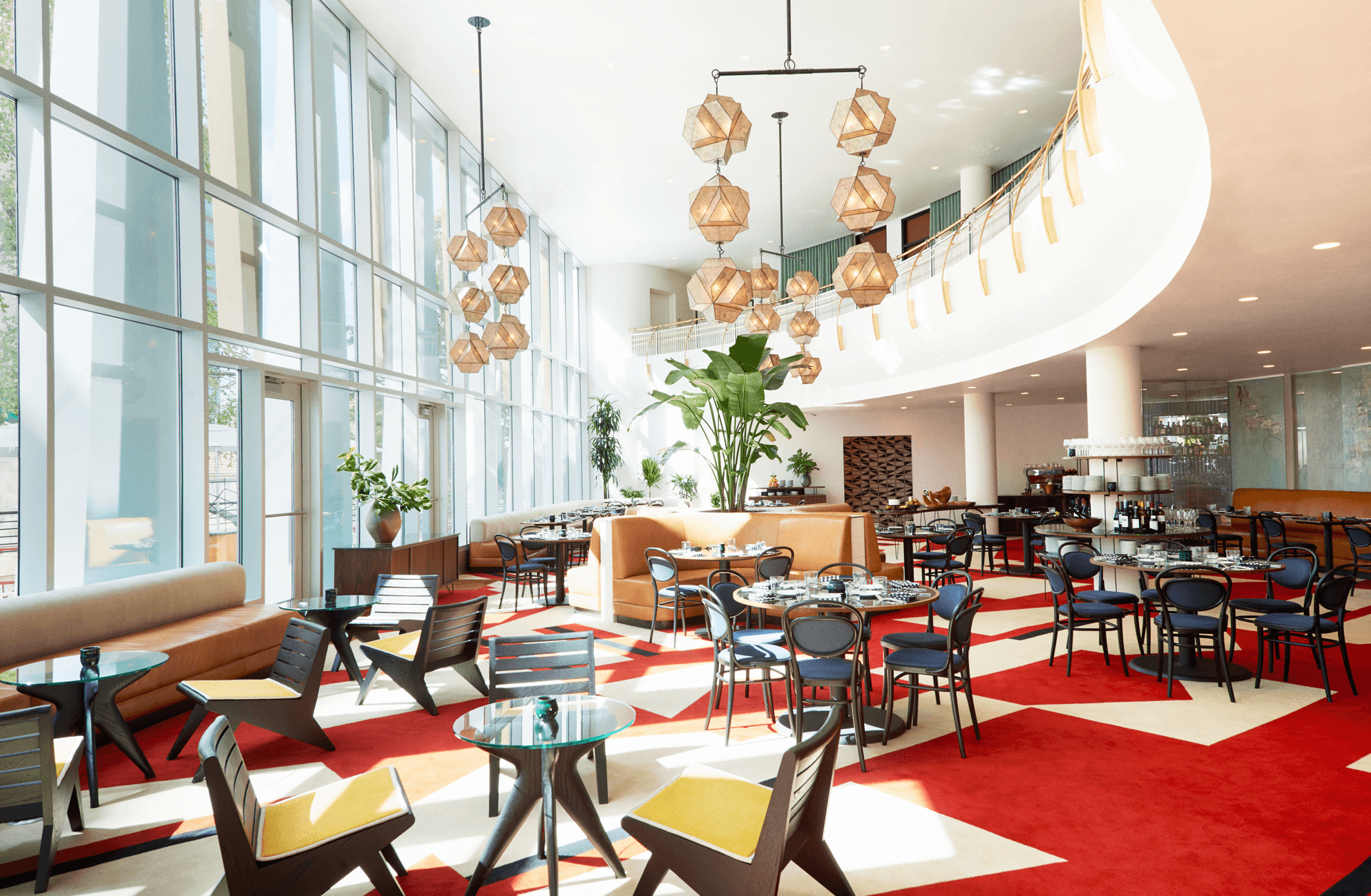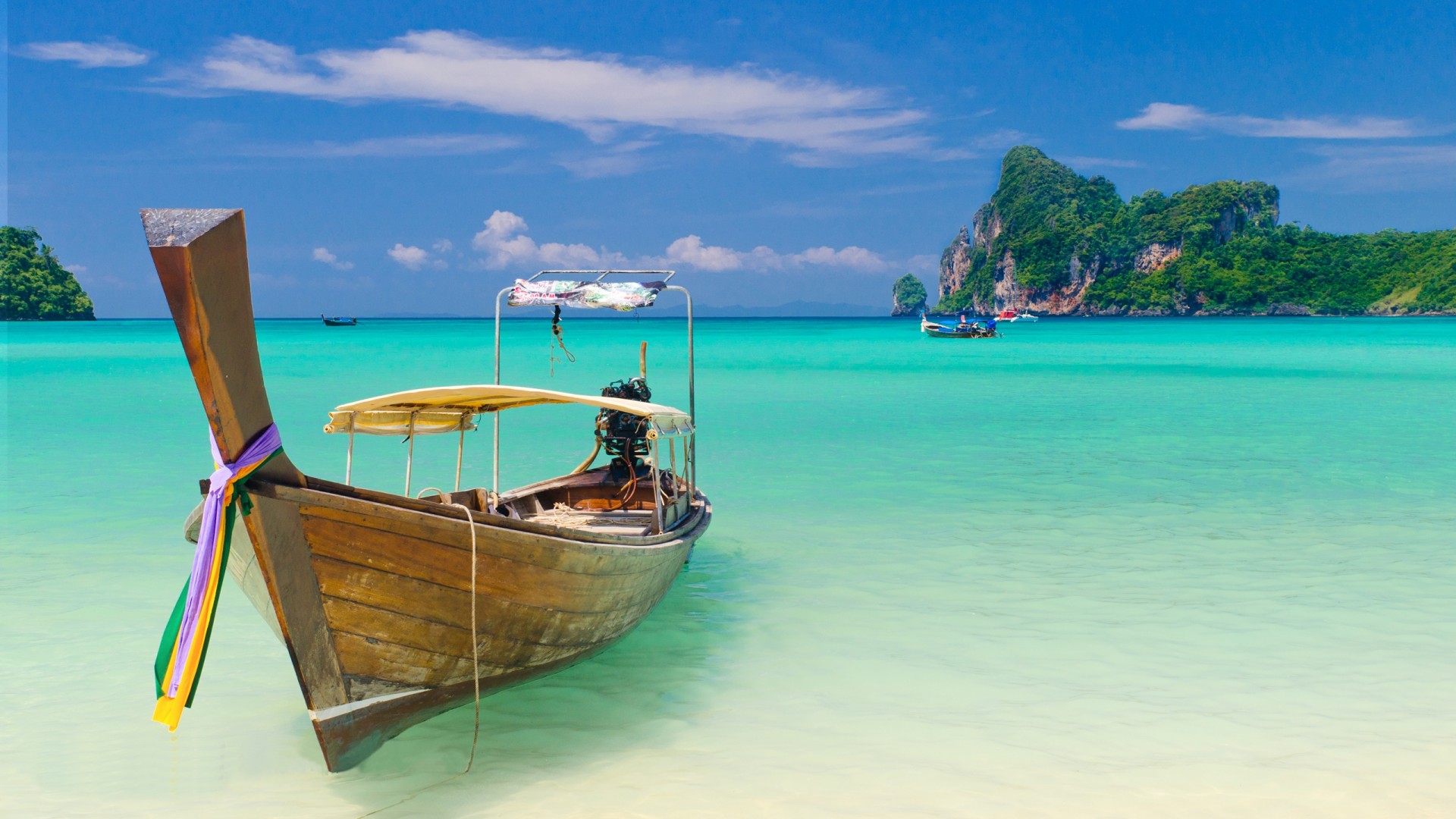Overview of Thailand-Krabi
The southern Thailand town of Krabi serves as base camp for exploring the province of the same name, a lush region of jungles, limestone cliffs and idyllic isles floating just offshore in the Andaman Sea. Buddhist shrines still used by local monks are tucked into the chambers of the town's top attraction, Tiger Cave. The riverside pier links travellers with ferries and longboats to the best scuba diving, rock climbing and white sand beaches on the coast.
Wat Tham Seua
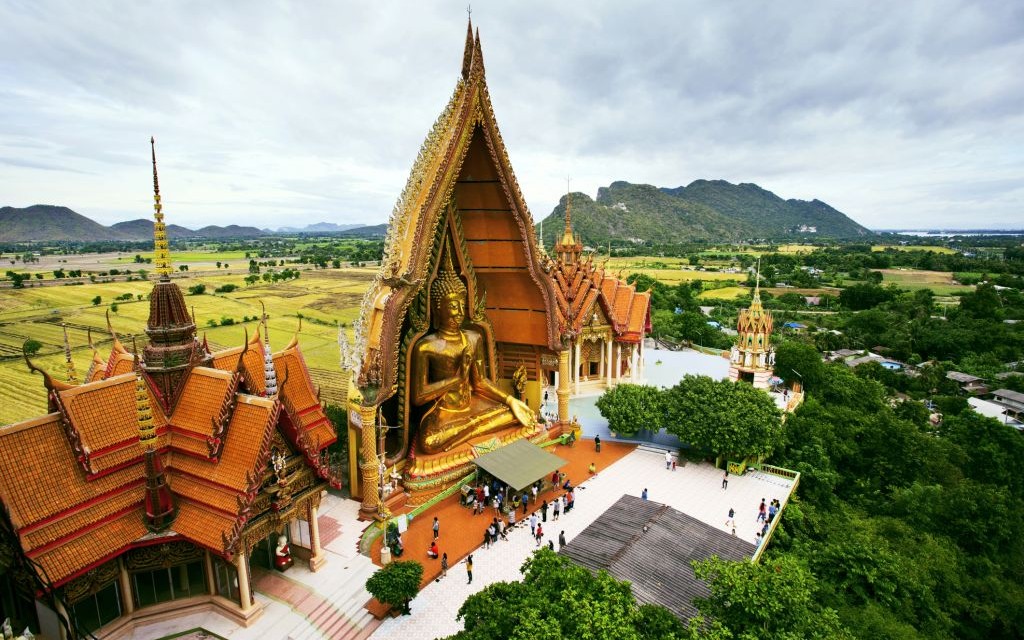
This sprawling hill and cave temple complex 9km northwest of Krabi Town is an easy, worthwhile day trip. At the park entrance you'll come to a gruellingly steep 1260-step staircase leading to a 600m karst peak. After a 30- to 40-minute climb, the fit and fearless are rewarded with golden Buddha statues, a gilded stupa and spectacular views out to sea beyond Ao Nang. Start early and bring water; there are drinking taps at the top.
Viking Cave
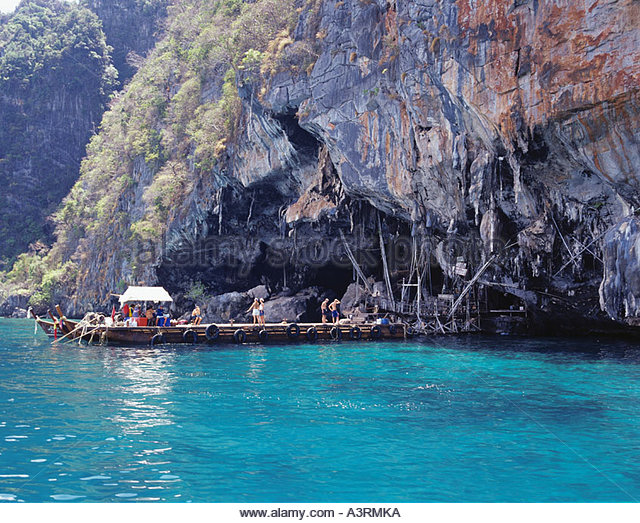
The Saturday Walking Street takes over Th Wualai, running southwest from Pratu Chiang Mai at the southern entrance to the old city. There is barely space to move as locals and tourists from across the world haggle vigorously for carved soaps, novelty dog collars, woodcarvings, Buddha paintings, hill-tribe trinkets, Thai musical instruments, T-shirts, paper lanterns and umbrellas, silver jewellery and herbal remedies.
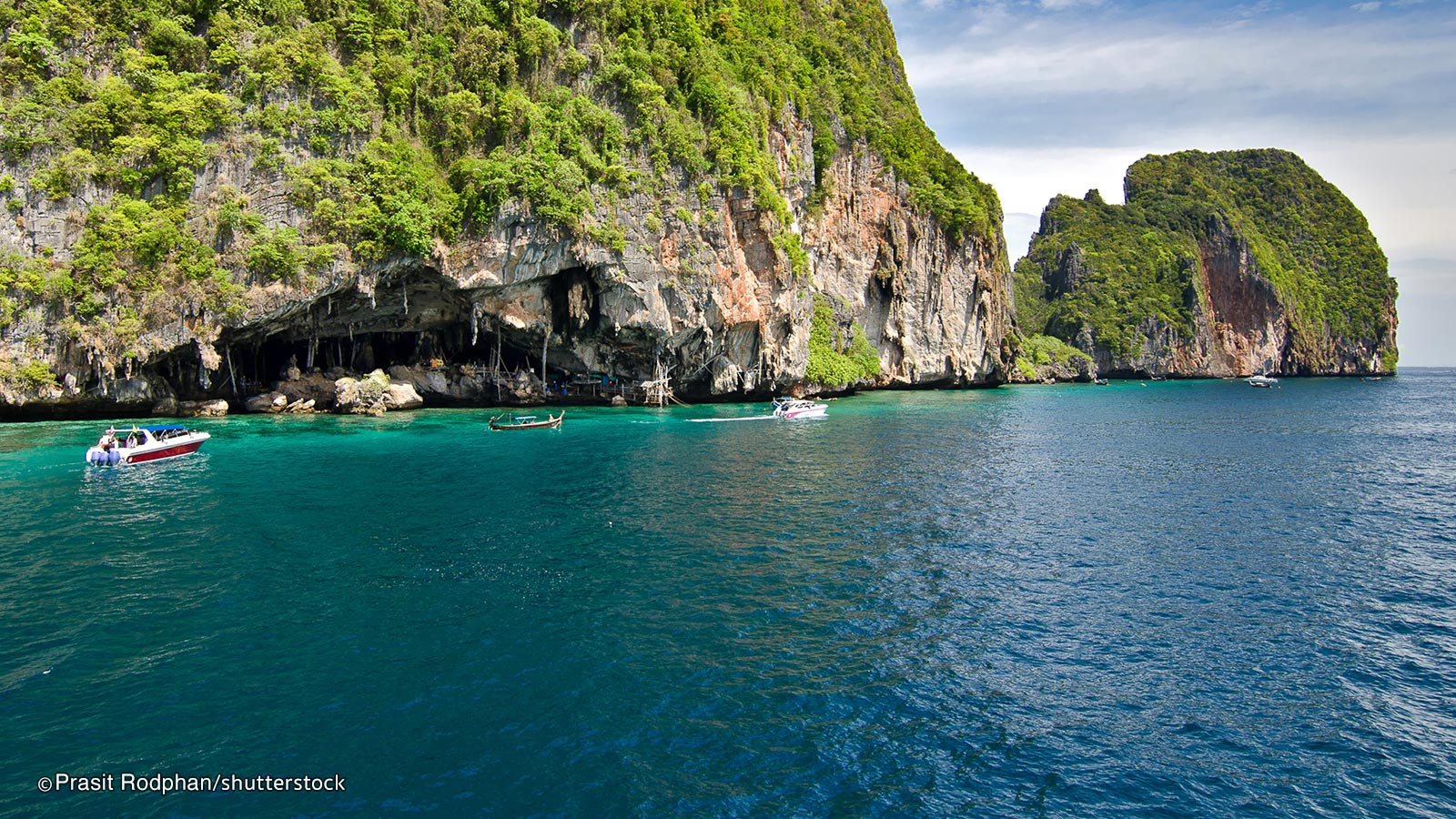
Tham Khao Maikaeo
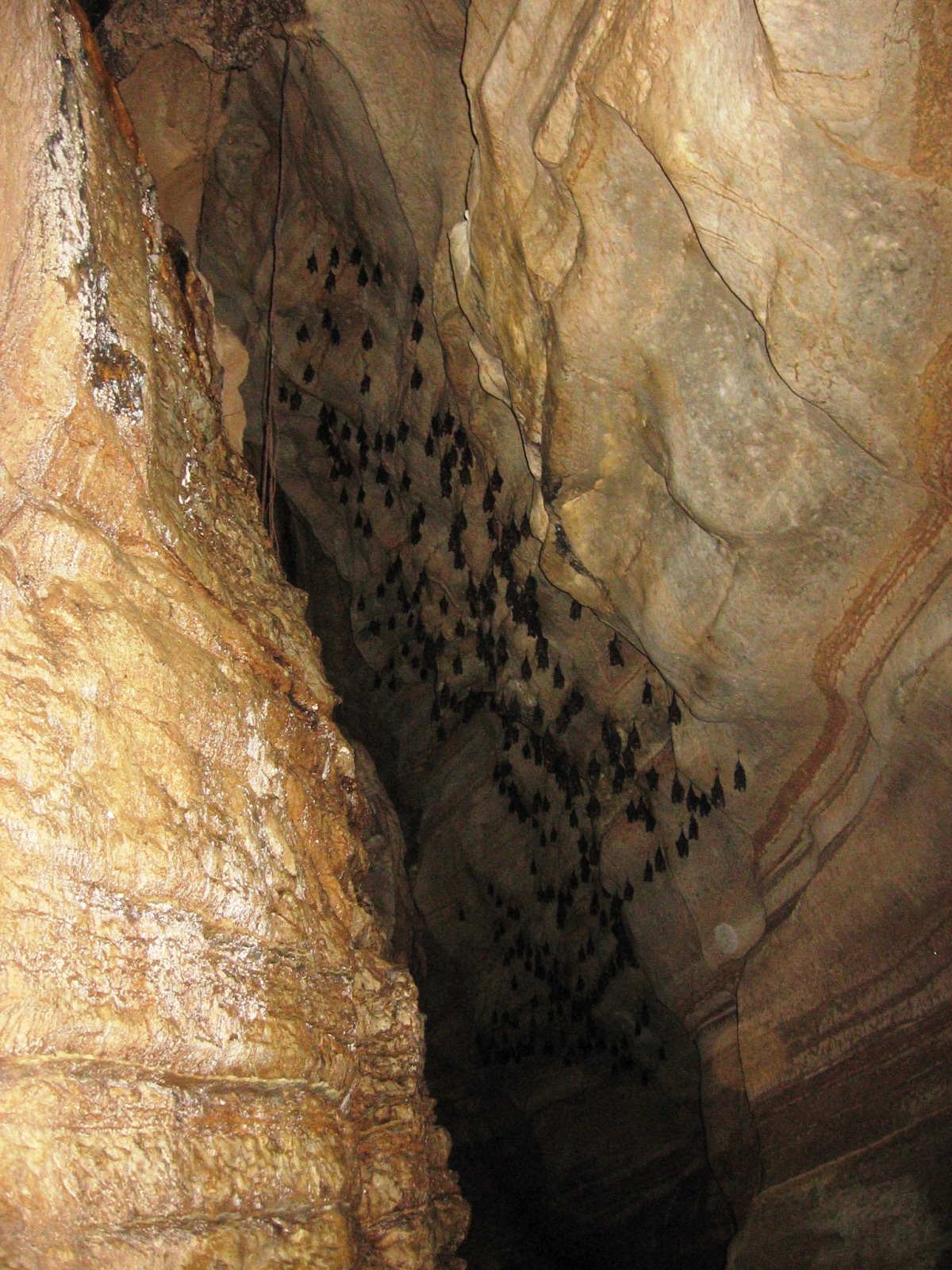
Monsoon rains pounding away at limestone crevices for millions of years have created this complex of caverns and tunnels. There are cathedral-size chambers, dripping with stalactites and stalagmites, tiny passages you have to squeeze through on hands and knees, and even a subterranean pool.
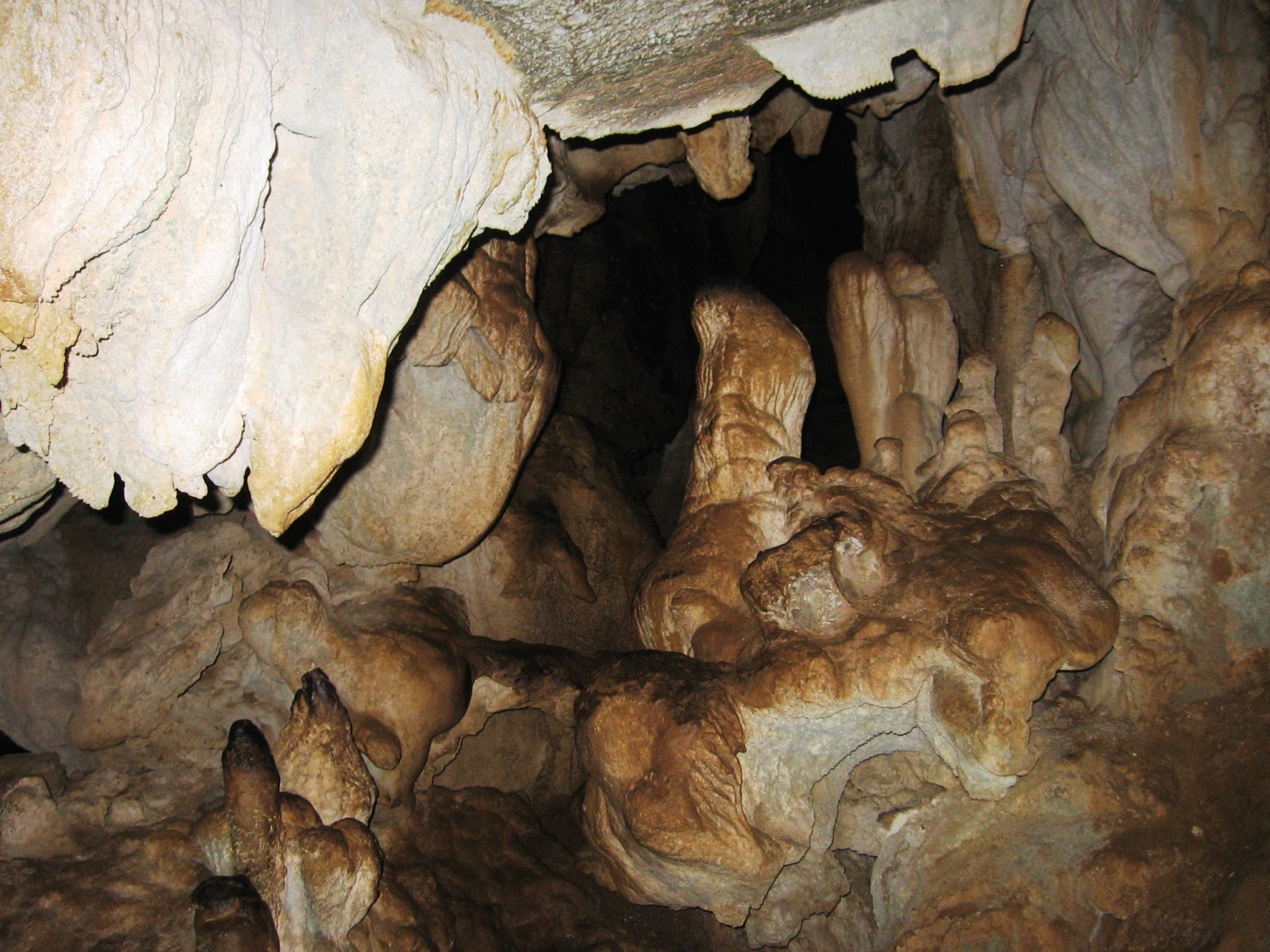
A local family runs hourly treks to the caves (with headlamps). The full trip takes two hours; sensible shoes essential. It's signposted off the main road from Hat Khlong Tob to the east coast. Phone ahead for timings.
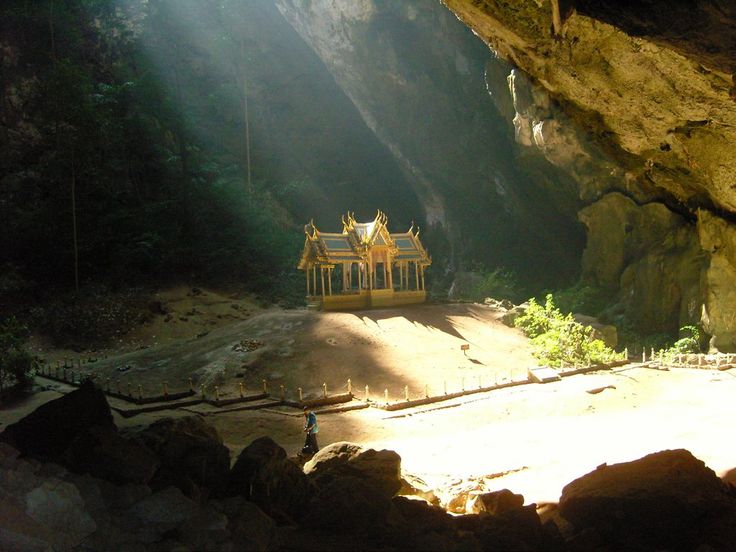
Travel Guide of Thailand-Krabi
Krabi hospital is located on Uttarakit Road, about a km north of the city centre.
The police station, immigration office and central post office are all found to the south of town, just south of the imposing city hall and elephant statues on Uttarakit Road.
Internet cafes are available at Yellow House, which is across from the pier on Chao Fah Road, and Cha Guesthouse on Uttarakit Road, among others.
Banks and ATMs can be found at several places, including near the river on Uttarakit Road, just north of Maharaj Soi 6.
The History of Krabi
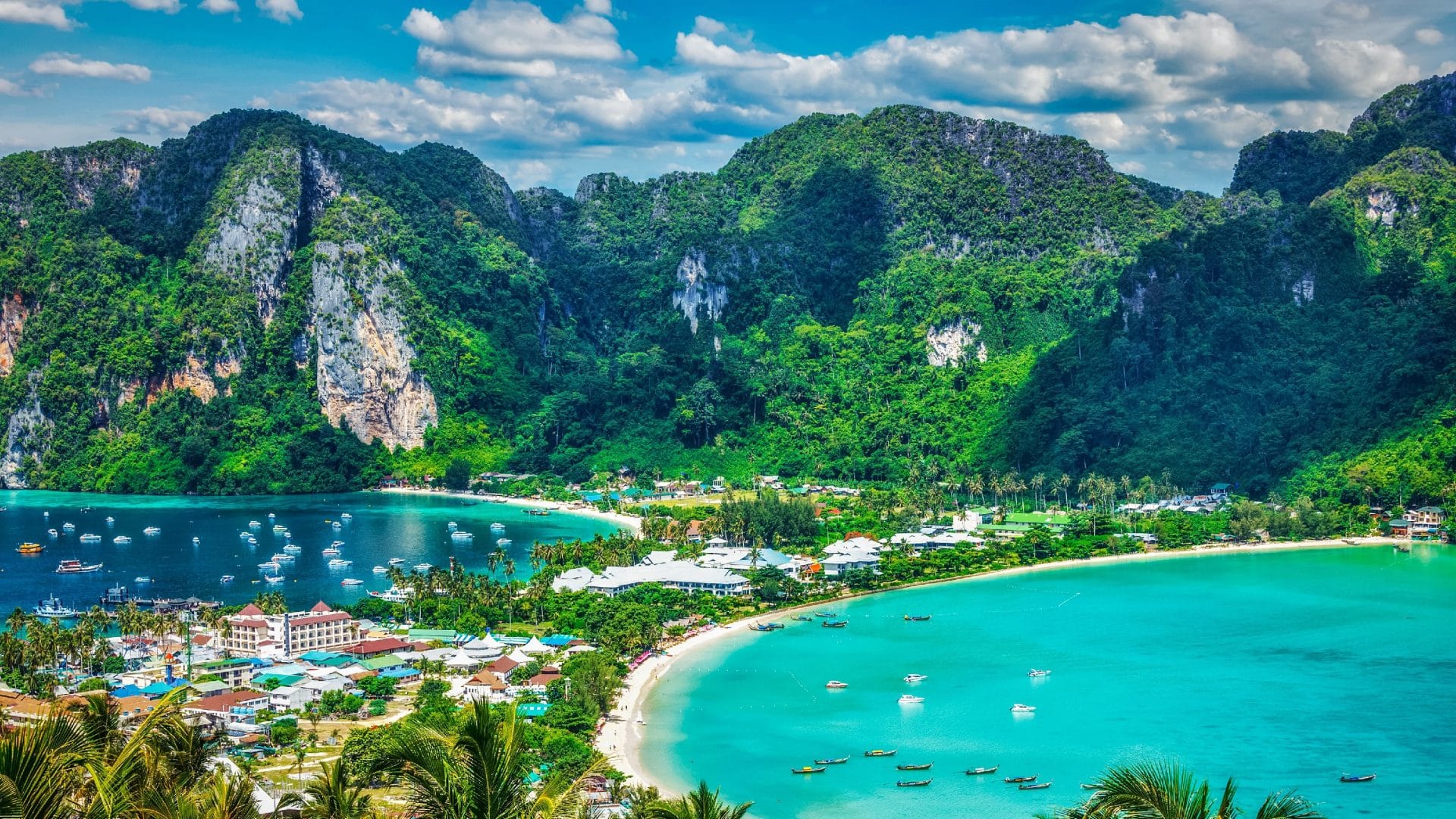
Krabi is a southern province on Thailand's Andaman seaboard with perhaps the country's oldest history of continued settlement.
A southern province on Thailand's Andaman seaboard with perhaps the country's oldest history of continued settlement.
Krabi has many cliffs and caves where ancient colour paintings, stone tools, beads, pottery and skeletal remains have been found.It is believed that Krabi has been home to homosapiens since the period 25,000- 35,000 B.C. In recorded time,it was called "Ban Thai Samor",and was one of twelve towns that used, before people were widely literate, the monkey for their standard. At that time, c. 1200 A.D., Krabi was tributary to the Kingdom of Ligor, a city on the Kra Peninsular's east coast better known today as Nakorn Sri Thammarat.
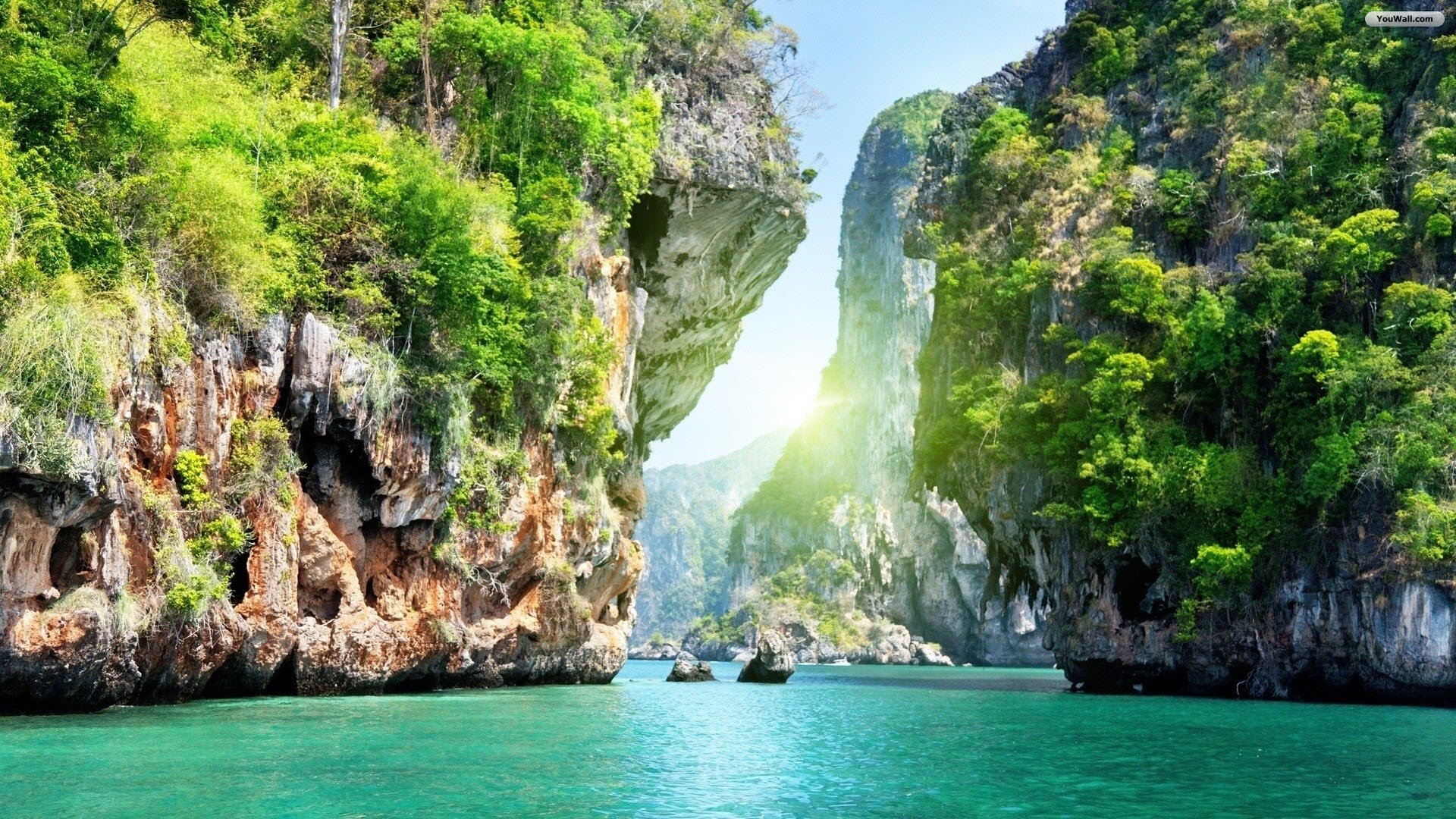
The Location of Thailand-Krabi


